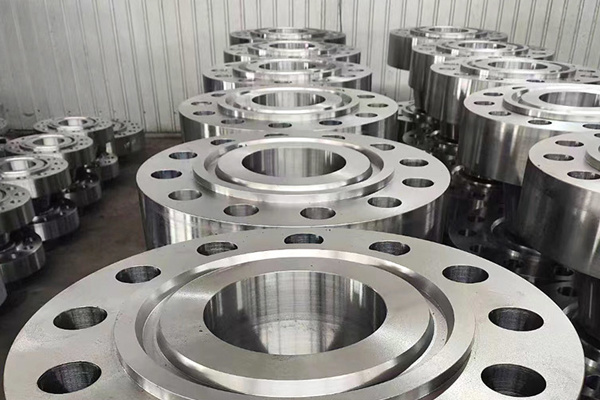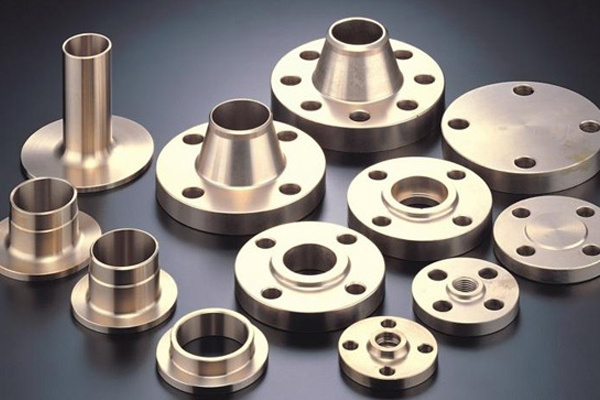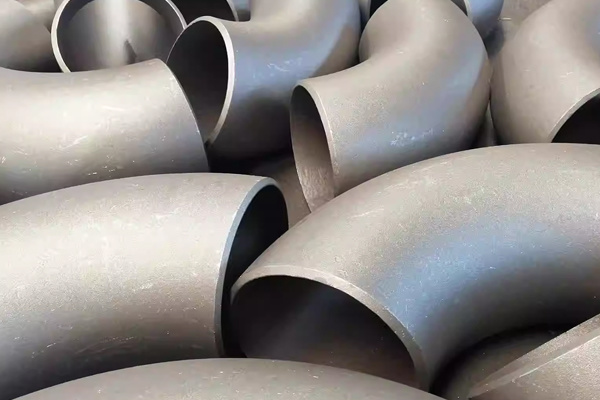Unlocking the Secrets of Rubber Soft Joint: Everything You Need to Know
2025-08-14
Rubber Soft Joint
Introduction to Rubber Soft Joint
Ever found yourself in a jam, wondering about the unsung heroes of construction and engineering? Well, let me introduce you to the Rubber Soft Joint! This nifty little component plays a crucial role in various applications, from plumbing to HVAC systems, and trust me, it's more interesting than it sounds!
What Exactly is a Rubber Soft Joint?
A Rubber Soft Joint, also known as a flexible rubber joint, is essentially a connector designed to absorb vibrations and accommodate movements in piping systems. Picture this: you're trying to connect two pipes in a building. If they're rigidly linked, even a minor shift can lead to leaks or cracks. That's where these soft joints come into play, acting like a cushion to mitigate stress.
Why Use Rubber Soft Joints?
Now, you might be asking yourself, "Why should I care about these joints?" Well, let me break it down:
- Vibration Absorption: They effectively dampen vibrations, reducing noise and wear on your pipes.
- Flexibility: These joints can adapt to movements caused by temperature changes or ground shifts, ensuring a longer lifespan for your plumbing.
- Leak Prevention: By providing a flexible connection, they help prevent leaks that can arise from stress on rigid connections.
Applications Galore!
Rubber Soft Joints are versatile, and their applications are practically endless:
- Plumbing: Used in residential and commercial plumbing systems to connect pipes.
- HVAC Systems: They help in connecting ductwork, ensuring efficient airflow.
- Industrial Settings: Found in machinery to reduce vibrations and improve performance.
How to Choose the Right Rubber Soft Joint
So, you're convinced that you need one of these bad boys. But hold your horses! Not all Rubber Soft Joints are created equal. Here are a few tips for making the right choice:
- Material Matters: Look for high-quality rubber that can withstand the specific conditions of your application.
- Size and Compatibility: Make sure to select the right size to fit your pipes and ensure a snug connection.
- Temperature Resistance: Check the temperature rating to avoid any surprises down the line.
Common Misconceptions
Let's clear the air about a couple of myths surrounding Rubber Soft Joints:
- They're Expensive: While quality matters, there are plenty of affordable options that won't break the bank.
- Only for New Installations: Nope! They can be retrofitted into existing systems, making them a great solution for upgrades.
Maintenance Tips
Like any other component, Rubber Soft Joints need a bit of TLC to keep them functioning optimally. Here are some handy tips:
- Regular Inspections: Look out for signs of wear, such as cracks or leaks.
- Keep it Clean: Regularly clean the area around the joint to prevent dirt buildup.
- Replace When Necessary: Don't wait for a problem to arise; replace old joints preemptively.
Conclusion
In a nutshell, the Rubber Soft Joint is a vital component in various systems that helps maintain integrity and performance. Next time you pass by a construction site or a plumbing setup, give a little nod to these unsung heroes. They're doing a lot more than you might think!
So there you have it! Next time you're faced with a plumbing dilemma or an HVAC setup, remember the importance of these flexible joints. They may not be glamorous, but they sure are essential!
Key words:
RELATED INFORMATION
API 6A TYPE 6BX flanges and blinds in ANSI/API Spec 6A specification
2024-05-22
The Essential Guide to Carbon Steel Plate Flanges in Construction and Decoration
2024-05-22
Discover the Advantages of 45° Long Radius Elbows in Construction Projects
2024-05-22












